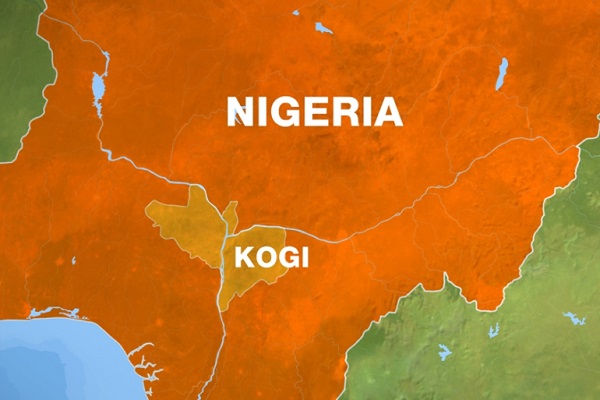Controversy is brewing over the tenure of the present Niger Delta Development Commission (NDDC) Board.
President Muhammad Buhari named a new board on July 22, 2016, after he dissolved the Senator Bassey Ewa-Henshaw-led board in 2015.
Former acting secretary to the Government of the Federation, Dr. Habiba Lawal conveyed the president’s approval of a new four-year term to the board in an On October 16, 2017, with reference number: SGF.55/S.2/C.3/IV/168.
Lawal reportedly acted on the legal advice of the Attorney General of the Federation and Minister of Justice, Shehu Abubakar Malami.
The ex-SGF’s letter, addressed to Prof.Brambaifa Nelson, stated thus: “I am pleased to inform you that the President of the Federal Republic of Nigeria… has approved your appointment as member of the governing board of the NDDC following your confirmation by the Senate on Tuesday, 11 October, 2016, in accordance with section 2 (2)(a) of the NDDC Commission (Establishment) Act, 2000. Your appointment is on part-time basis, in line with Section 2(3) of the Act.
“Your appointment took effect from n1st November, 2016 and you are to serve a term of four years in line with section 3(1) of the Act.
“The allowances attached to your appointment are as provided under the Special Category of Federal Government Agencies and Statutory Corporations as specified in Circular Ref. No. SW/04/ /S.310/T/65 of 8th April, 2016. This letter supersedes the earlier Ref. No. SGF.55/S.2/C.3/IV/52 issued on the 1st November, 2016…”
But, section 5 (2) of the extant NDDC Act states that: “Where a vacancy occurs in the membership of the Board, it shall be filled by the appointment of a successor to hold office for the remainder of the term of office of his predecessor, so however, that the successor shall represent the same interest and shall be appointed by the President, subject to the confirmation of the Senate, in consultation with the House of Representatives.”
The Ewa-Henshaw board was dissolved in 2015, amidst infighting among board members, which led to paralysis of the board which subsequently led to a court case between board members and the Federal Government.
The case was taken to the National Industrial Court, Abuja.
A source in the Office of the Senate President denied receiving communication from the presidency concerning either renewal or extension of the present board.
Senate confirmed former Senate Leader, Victor Ndoma-Egba as chairman and Nsima Udo Ekere as managing director of the commission on October 11, 2016.
The Senate also approved the nominations of Adjogbe Samuel, Mene Derek, Frank George, Brambaifa Nelson and Sylvester Nsa, Ogaga Ifowodo, Uwuilekhue Saturday, Harry Dabibi, Benard Banfa, Yahaya Mohammed and Mustapha Dankadai was also confirmed.
Two other nominees, Mahmoud Isa-Dutse and Abdul-Kazeem Bayero from the Ministry of Finance and Ministry of Environment, respectively, were also approved.
Three nominees were rejected and have been replaced.
Paragraph two of a signed November 1, 2016 appointment letter, with reference number SGF.55/S.2/C.3/IV/52, from the then SGF, Babachir David Lawal, to Nkere stated that: “The appointment took effect from November 1, 2016 and you are to serve out the remainder of the term of office of your predecessor, in line with section 5 (2) of the Act.”
The term of the present NDDC board is expected to end in December 2017, it was gathered.
A member of the NDDC board, who craved anonymity because he was not authorised to speak dismissed allegations of illegality in the new four-year term.
He cited section 3(1) of the NDDC Act which states that “subject to the provision of section 4 of this Act a member of the Board, other than an ex-officio member shall hold office for a term of four years in the first instance and may be re-appointed for a further term of four years and no more.”
He also said since there is a board in place, a new Senate confirmation was not needed, in line with section 5 (3), which deals with vacancy on the board.
“Where there is no board at all in place, section 3(i) applies. Section 5(3) applies where there is a board and vacancy occurs. There must be a board in place for a vacancy to occur. A vacancy cannot occur where there is no board as was the case when the present board was appointed,” he added.



